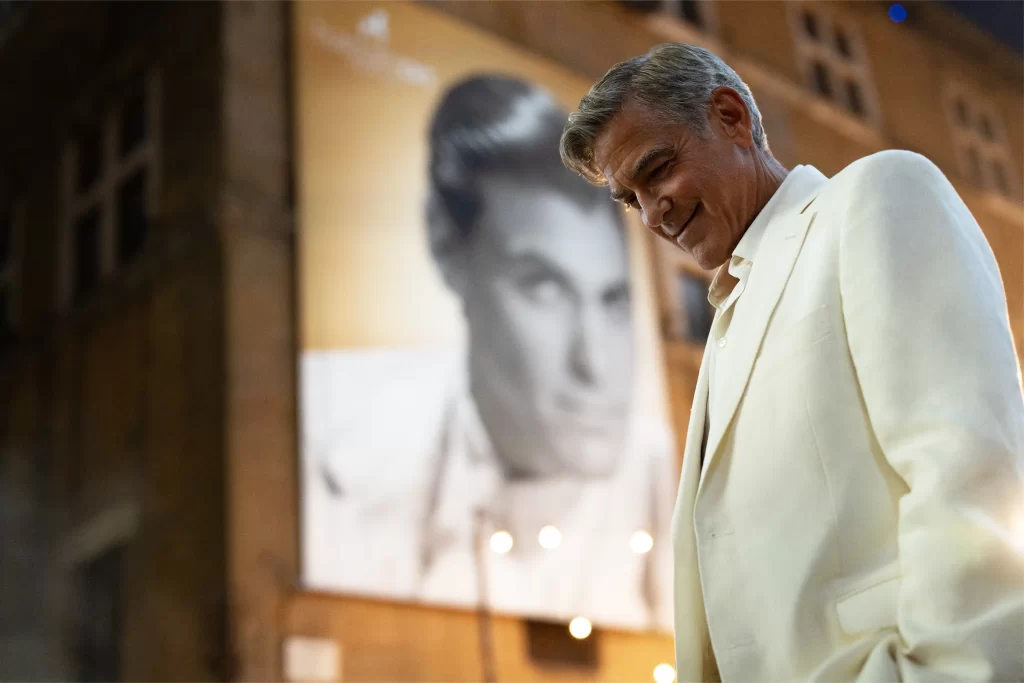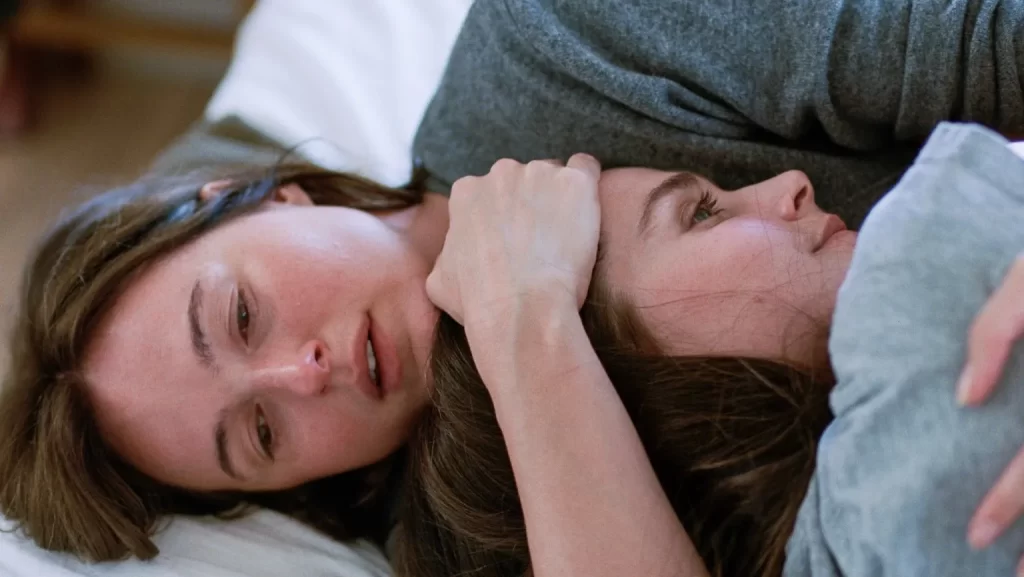It feels a little ironic that Free Guy, the core story of which focuses on game developers trying to regain control of their stolen code, openly cribs concepts from so many other movies. Director Shawn Levy and screenwriters Matt Lieberman and Zak Penn use everything from The Truman Show to The Lego Movie to They Live, and even some elements of Penn’s own worldbuilding from Ready Player One. But if Levy, Lieberman and Penn are gonna steal, it’s to their credit that Free Guy steals from (mostly) the best. In addition to its gaming antics and Ryan Reynolds’ smug charm, Free Guy’s influences allow the movie to go a little deeper than a casual viewer might initially expect.
Reynolds is Guy, an Emmet Brickowski-type who doesn’t realize he’s a non-playable character (NPC) in an open-world video game called Free City (think a mashup of Fortnite and Grand Theft Auto). Guy’s typical day includes getting the same cup of coffee on his way to work at the bank and chatting with his best friend Buddy (Lil Rel Howery), a security guard, during daily armed hold-ups. Those robberies come courtesy of what Guy terms “sunglasses people,” Free City players whose presence is designated by their snazzy shades.
Guy is happy with his simple existence, until one day he meets Molotov Girl (Jodie Comer), a Free City player who he’s immediately infatuated with. In real life, Molotov Girl is Millie, a game designer whose code was stolen by hotshot tech bro Antoine (Taika Waititi) to create Free City. Millie spends her days combing the game for evidence of her code to build a lawsuit, while her former partner (Joe Keery) toils as a support guy at Antoine’s company. Attempting to connect with Millie in the game, Guy steals a pair of sunglasses off another player, enabling him to see his world as they see it, overlaid with in-game quests, loot and chat rooms. The truth of his existence now revealed, Guy works with Millie to change his violent, exploitative world for the better.

Most of Free Guy is concerned with reveling in the movie’s video game setting, as well as the gaming culture it’s part of. There are a number of flashy “blink-and-you’ll-miss-them” celebrity cameos, as well as appearances from several real-life Twitch streamers, YouTubers and games journalism institutions. These occasionally veer toward annoying, not to mention uncomfortably close to Ready Player One and its obsession with nerd culture bona fides. However, viewers actually involved in gaming and the games industry may appreciate the attempt at authenticity.
The supremely meta elements of Free Guy are, however, the real draw, bringing up all kinds of philosophical questions that fans of Rodney Ascher’s documentary A Glitch in the Matrix (or the ideas contained therein) may enjoy unpacking. Guy’s journey involves him discovering that his whole life is a simulation, and defying his programming to exert free will and grow as an actual person. His experience is only part of the story, as a good half of Free Guy’s plot takes place outside the realm of the game, and involves “real world” characters like Millie, Antoine and Keery’s lovelorn, creatively thwarted Keys. The film doesn’t necessarily make any definitive statements, but the mere presence of those rabbit holes is a lot more than many other blockbusters of Free Guy’s ilk offer.
Free Guy isn’t a modern masterpiece–its biggest motivation is being successful pop entertainment. It deserves some credit, though, for not going the lazy route. This could easily have been a smarmy, sexualized, ultra-violent shoot-’em-up with nothing else on its mind. Instead, the film appears to have been made with actual care, which makes it both charming and genuinely interesting. Think of it like organic junk food; not necessarily enriching, but still a better-than-average treat.
A-
“Free Guy” is out Friday in theaters.



